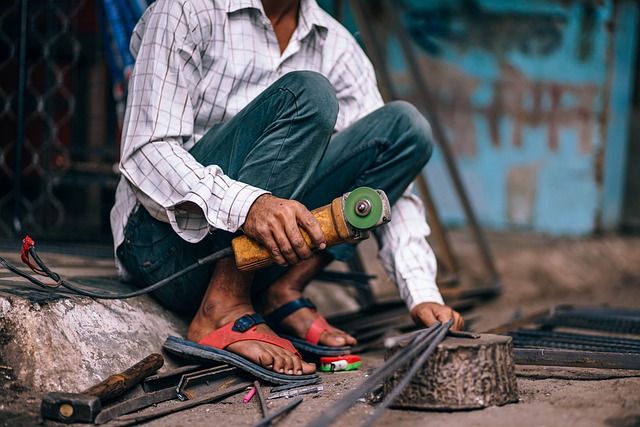Shopkeepers play a crucial role in Pakistan’s economy. Learn about their share in GDP and the challenges they face, including poor infrastructure, heavy taxation, and lack of expertise. Discover possible solutions to these problems.
Pakistan has the 18th largest middle class in the world. It is the second growing economy after China in Asia. It has alienated many sectors on an economic basis. The major sectors of Pakistan’s economy are agriculture, industry, and services. The middle class in Pakistan encompasses white-collar job holders, doctors, engineers, lecturers, professors, and small and medium-scale shopkeepers. The service sector includes barbers, plumbers, electricians, wanderers, and lower-level shopkeepers are involved in the services sector. Shopkeepers play a vital role in the development of any economy. The focal point of this article would be shopkeepers’ share and the problems they face in Pakistan. The wholesale and retail trade is the largest sub-sector of the services. Its share in the overall services sector is 31.5 %.
They add to the GDP through their economic activity and are self-employed. They release the burden of the state. They feed their families and provide temporary job opportunities to many others by hiring them. So they shorten the list of unemployed persons from the country who demand jobs from the government. The below statistics clarify their vital role in the development of Pakistan.

The share of the services sector reached 58.8% in 2014-15. The Highlights of the Economic Survey of Pakistan demonstrate it. Here services sector contains six sub-sectors: Transport, Storage and Communication; Wholesale and Retail Trade; Finance and Insurance; Housing Services (Ownership of Dwellings); General Government Services (Public Administration and Defense); and Other Private Services (Social Services). The growth rate is improving compared to the last years of the economic survey. The wholesale and retail shopkeepers shared 19.74% of the GDP of Pakistan in 2005. The share has continued to rise since 2009 by 19.26%. But it was observed to decline from 19.12% in the fiscal year 2009-2010 to 18.27% in the fiscal year 2015-2016. In 2012-13, this sector grew at 2.5% compared to 1.7% in the previous year. Hence the middle level of shopkeepers is the backbone of our economy, but they have ignored ones too instead of their massive contribution. Now have a look at the problems which they have to face. Some possible solutions are here for them.
1. They are affected by poor infrastructure, energy crises, heavy taxation, rising inflation, poor government policies, depreciation of the Pakistani rupee, lack of expertise, proper counselling facilities, skilled and qualified labour, instability of the world economy, the collapse of big economies of the world, changing scenarios of the marketing worldwide, and lack of internet access as well.
2. Many owners of small businesses or middle-level shopkeepers are a family concern. They have a low educational background, lack managerial knowledge and have a self-oriented attitude. It results in underutilization of capacity and low growth of income levels established every year. Proper education provisions and consultants of the respective expertise can only change this behaviour.
3. Time required to start a business is almost 19 days in Pakistan, according to World Bank Organization. But the ground realities are far more complicated to set up a small-scale business. Female shopkeepers face different problems, but that is a diverse debate which requires deep investigation and discussion. Government should establish special consultancy agencies to resolve these issues.
4. Federal Bureau of Pakistan should provide ease via modern technologies in business registrations. It may include name, address, kind of activity, legal status, type of ownership, employment size, sales/turnover, electricity consumption etc. It will minimize the cost of any new startup.

5. Special institutes should provide finance, technical assistance, skill development opportunities, transportation facilities, effective policy measures, revised and relieved taxation policies, and professional consultants to small-scale businesses and middle-level shopkeepers. So they can flourish and play a vital role in the growth and development of their country.
You can figure out some other issues and suggest their solutions.
(Foot Note: This article was written on 20th Oct 2016. The research period covers the decade 2005-2015. The data sources are the World Bank Organization and economic surveys of Pakistan).
Economic Crisis in Pakistan – Pakistan Desk Net
Odd Jobs: Career Potential and Job Market Success in Pakistan – Pakistan Desk Net










One Comment